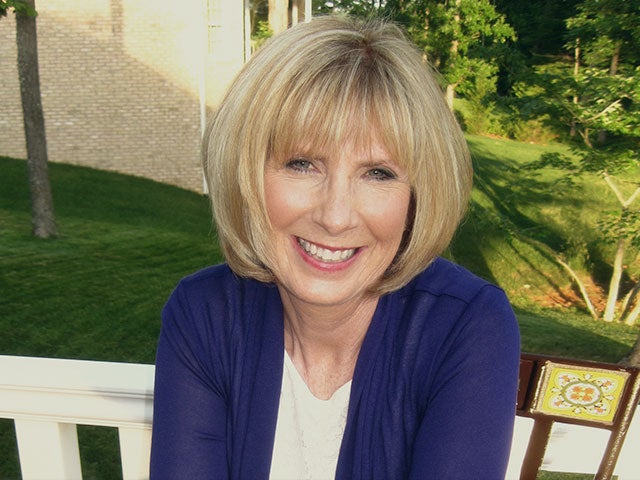Angelina Jolie’s Announcement Raises Need for Prayer
So many families have been touched by cancer that just the mention of the word is scary to hear and often feels like a death sentence. While this is not always the case and many cancers are treatable, the fear is often tied to better known risk factors and more awareness. This week, actress Angelina Jolie brought that reality to the forefront by going public with a personal decision she’s made.
Jolie is a carrier of the gene defect (BRCA1); it greatly increases the risk of breast and ovarian cancer. According to reports, once the genetic marker was found, Jolie was given an 87 percent risk of breast cancer and a 50 percent risk of ovarian cancer. With surgery, her risk dropped below 5 percent. The risk is different for every woman. The AP reported that while Jolie’s risk is high, only 5 percent to 10 percent of all breast cancers are linked to the BRCA1 and BRCA 2 genes. The gene mutation is rare.
Jolie, given the odds, had a double mastectomy and reconstruction surgery. Her mother died at age 56 from ovarian cancer and Jolie wanted to increase her chances of being alive to raise her children. She felt empowered by the decision and went public to help other women know their options.
The National Cancer Institute tells us that the gene BRCA1 and BRCA2 are genetic mutations associated with the risk of ovarian and breast cancers. The genes can be determined by a blood test at a hospital or doctor’s office and sent to a lab that specializes in these screenings. Genetic testing is expensive and may or may not be covered by insurance. The test can run upwards of $4,000. Surgery is usually covered once the genetic markers are discovered and many women opt for reconstruction surgery as well.
Dr. Lyndsay Harris, director of the Breast Cancer Program at Case Western Reserve University, wants you to know that there are other options for those with a family history of breast cancer. These options include regular screenings every six months with mammograms alternating with MRI, medical therapy to greatly reduce the risk of developing breast cancer and removing the ovaries to prevent ovarian and breast cancer.
Dr. Michael Sabel, associate professor of surgery at the University of Michigan Medical School says, “the dilemma we’re facing is more and more women are choosing to remove both breasts. We’re greatly overestimating the risk of women with breast cancer developing another breast cancer.”
In the end, what may have been right for Jolie, may not be right for other women.
For Christians, the decision regarding prevention and treatment needs to be steeped in prayer, not fear-based, but made with solid information and wise counsel from treating physicians. CANCER is a word that challenges our propensity to fear. The words of 2 Timothy 1:7, encourages us not to react in fear, not be empowered in our own strength, but depend on God to lead and guide us. God has not given us a spirit of fear, but of power, love and a sound mind.
If you are facing the risk of cancer, be empowered by our God, who alone is wise.
Do not be anxious about anything (cancer), but in every situation, by prayer and petition, with thanksgiving, present your requests to God (decisions). And the peace of God, which transcends all understanding, will guard your hearts and your minds in Christ Jesus. Philippians 4:6-7.
